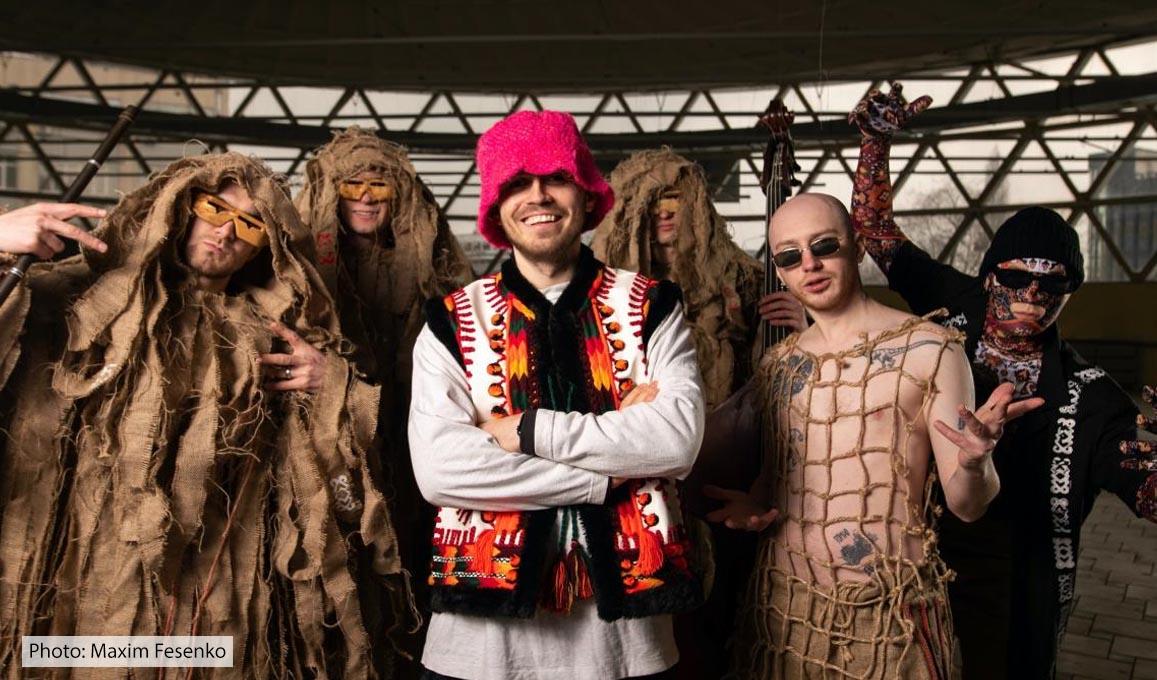
English or native language? In the second article of the series “The Eurovision Formula”, we reveal the data on which languages have led to the most victories. Article by Ilay Gaist and Noy Yehoyada.
Every year, with the revival of the Eurovision season, thousands of viewers, fans, and professional jurors attempt to crack the code how to win at Eurovision: What is the secret formula that leads a country to first place? Does singing in English provide an inherent advantage? Does using a native language reflect authenticity that earns points? In the series “The Eurovision Formula”, we dive into historical data. In this article, we explore one of the most crucial criteria: does choosing a certain language give a song a real advantage on the road to Eurovision victory?
Language Choices: English, Native Language, or a Blend
The journey to Eurovision victory begins at the very first stage – the way each country selects its artist and song. Until 1999, the contest’s rules required participants to perform in their official national language. Once this restriction was lifted, songs in English began to flood the competition, with critics arguing the change weakened Eurovision’s authenticity. Yet, when examining the data, the picture becomes far more complex.
Europe Divided: Language Loyalty vs. English Adoption
For some countries, the answer has always been simple. Ireland and the United Kingdom, for example, have stayed loyal to English, with all seven of Ireland’s wins and all five of the United Kingdom’s victories achieved in the language. Conversely, nations like France (5 wins) and Luxembourg (5 wins) triumphed exclusively with French-language performances. Spain’s two wins were both in Spanish, while Italy’s three victories were entirely in Italian.
The Strategic Shift: Changing with the Times
Some countries have demonstrated flexibility by adapting to the evolving competition. Sweden is a prime case: while it won twice in Swedish (1984 and 1991), the country achieved five additional wins in English – cementing its reputation as a nation that successfully turned English into a tool for victory. Similarly, The Netherlands, victorious three times with Dutch-language songs in the 1950s and 1960s, scored two later wins in English.
Austria also exemplifies this shift: its 1966 victory came with “Merci, Chérie” in German and French, but its later triumphs – in 2014 with “Rise Like a Phoenix” and in 2025 with JJ’s “Wasted Love” – were both in English. Germany won in 1982 with a German song, but its 2010 success was with an English entry. Switzerland, which began its Eurovision journey with French-language wins, also switched for its latest victory – when Nemo Mettler brought home the trophy in 2024 with “The Code” in English.
Other Nations Winning in English
Since the lifting of the language rule in 1999, a wave of first-time winners has favored English: Estonia (2001), Latvia (2002), Turkey (2003), Greece (2005), Finland (2006), Russia (2008), and Azerbaijan (2011).
Ukraine: Mixed-Language Triumphs
 Ukraine has carved its own path, often combining languages creatively. In 2004, the country won with “Wild Dances”, blending Ukrainian and English. In 2016, “1944” mixed English with Crimean Tatar. In 2022, its victory came with “Stefania” in Ukrainian only. This pattern shows how language blending—or bold loyalty to the native tongue – can also secure success.
Ukraine has carved its own path, often combining languages creatively. In 2004, the country won with “Wild Dances”, blending Ukrainian and English. In 2016, “1944” mixed English with Crimean Tatar. In 2022, its victory came with “Stefania” in Ukrainian only. This pattern shows how language blending—or bold loyalty to the native tongue – can also secure success.
Conclusions: Is There a Superior Language for Eurovision?
So, which language dominates Eurovision? The numbers paint a clear picture: English now reigns supreme. Out of 73 winners throughout the contest’s history:
-
34 winners performed fully or partly in English.
-
24 winners performed fully in their country’s native language.
-
15 winners sang entirely in French.
-
Only 2 winners performed in more than one language.
While French dominated the contest’s early days—with six victories during Eurovision’s first ten editions – the trend has dramatically shifted. Today, English accounts for almost half of all wins: 46.57%.
But is language the only decisive factor? And what about performer gender – do men, women, groups, or unconventional acts hold the key advantage? We’ll explore these in the next article of the “Eurovision Formula” series.
Eurovision 2026: The 70th Eurovision Song Contest will be held in Austria, following the country’s third historic win with the song “Wasted Love” performed by JJ. This will be the third time the contest is hosted in Austria, after 1967 and 2015.

